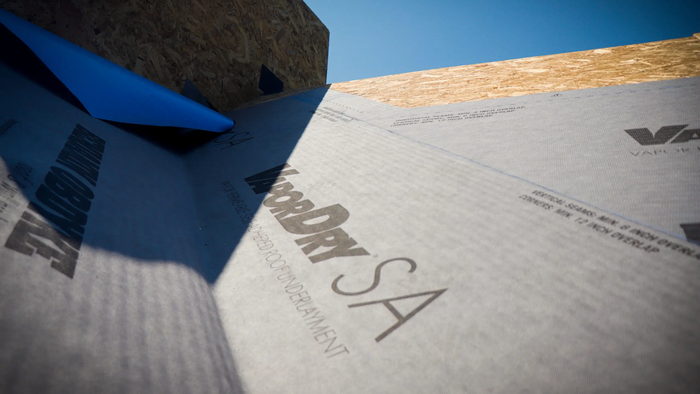Training is key in the construction industry, and it all begins on the first day when a new hire walks through the door. See why the first days are especially critical.

Training is one of the most important parts of any construction job and one industry expert explained why it’s most important at the orientation phase when new hires are being onboarded.
Loss Control Manager Stephen Sohasky, CHST, CRIS, with Cole Roofing Co. in Baltimore has been in the construction business for 20 years. He is an Authorized OSHA Outreach Trainer, holds several IICRC (Institute of Inspection Cleaning and Restoration Certification) restoration certifications and is a Certified Construction Risk and Insurance Specialist.
He specializes in coming up with creative solutions to safety and risk management problems in the construction industry.
“In my opinion, it’s best to do (training) at orientation,” he said.
He said it will be hard to recreate the environment of an orientation when someone is looking to learn the ropes of a new role. Sohasky also said it’s important that training have expiration dates, and that new training occur when an environment changes, or if equipment changes.
Sohasky shared some of his philosophies on training during his educational session at the International Roofing Expo in New Orleans this year.
His session was titled “Top Safety Training/Certifications for the Roofing Industry" and covered some basic training best practices.
According to Sohasky, to prevent liability he said training should always occur in some form after an accident or an incident, even if it isn’t required.
“The training needs to be done in a language and vocabulary that the trainee can understand,” Sohasky said. “So, if you have some people where English is not their first language, you may need to enlist a translator or sign them up for a separate training session that’s in that language.”
Sohasky said it’s important that trainees pass a test or quiz to certify what they have learned, whenever possible.
“I think the most questions I have on any quiz is 25,” he said, and added that trainees could also pass an oral exam, as long as the exam is documented in some form to prove the trainee demonstrated adequate knowledge.
“I still have people where it doesn’t matter where they were born, English is their first language and they can’t read or write,” he said. “I also have people where Spanish is their first language, and they can’t read or write in Spanish.”
He said whoever is conducting training on your behalf needs to assess the best way to present information to a trainee by taking into account the best way to communicate with them and act accordingly.
About the Author(s)
You May Also Like




